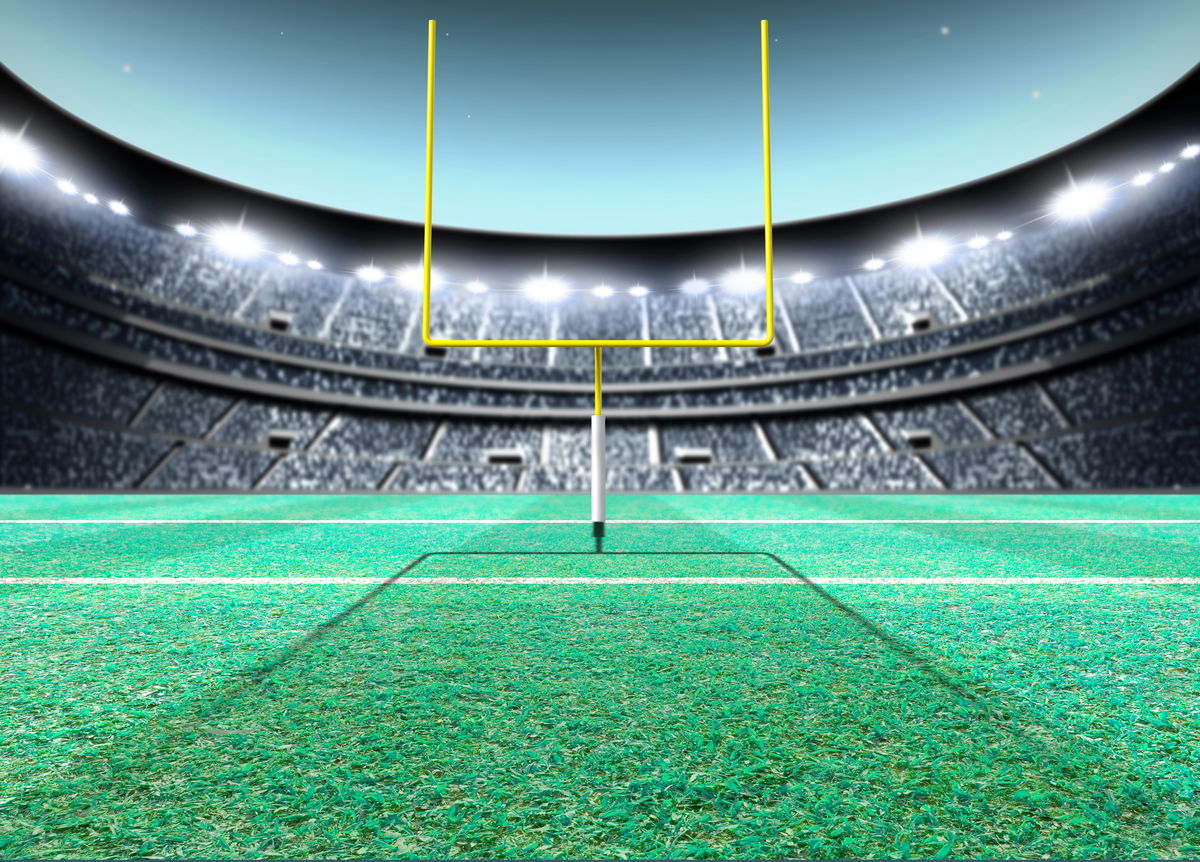
Imago
College football generic

Imago
College football generic

Imago
College football generic

Imago
College football generic
“We are 100% serious. This is not an April Fools’ Day prank.” The Clemson Tigers were not joking when they broke their years of tradition to allow alcoholic beverages at Memorial Stadium during the 2025-26 season. Five months later, the gamble seems to be paying off, with nearly half a million dollars in alcohol revenue from Clemson’s very first game.
Watch What’s Trending Now!
On August 30, when the Tigers hosted LSU at Memorial Stadium, a sold-out crowd of 81,500 witnessed a first in Clemson history: alcohol officially on the menu. Even though the Tigers fell 17-10, fans purchased more than 45,000 drinks. Clemson beat writer Chapel Fowler posted the numbers on X on September 4. “Just got Clemson’s alcohol sales numbers for the LSU game via FOIA. School says it sold 45,045 individual units for a gross revenue of $467,843 during Saturday night’s game. That’s a whole lot of beers and seltzers.”
One of the primary drivers behind this move was to generate enough revenue for the athletics program to cover growing expenses. The House settlement and its impact will also require Clemson to have the money to disburse to players in the coming years. It is important to note that these figures have yet to deduct taxes and other overhead costs. Despite that, this amount dwarfs Clemson’s spring football game sales in April, with just 3,394 units for a gross revenue of $35,174. It even eclipses the Savannah Bananas baseball game earlier this year, which sold 27,181 units for $346,684 in gross revenue.
Just got Clemson’s alcohol sales numbers for the LSU game via FOIA. School says it sold 45,045 individual units for a gross revenue of $467,843 during Saturday night’s game. That’s a whole lot of beers and seltzers
— Chapel Fowler (@chapelfowler) September 5, 2025
The numbers prove this isn’t a one-off stunt. Clemson has tapped into a new and highly profitable income stream that stays fully compliant with policy and law. The financial stakes are huge. With $20.5 million set aside for revenue sharing for the 2025-26 fiscal year, Clemson also plans to fund 150 new scholarships. This will raise the total from 275 to 425. Athletic Director Graham Neff, in a letter to Clemson fans last fall, said, “As a leadership group, we are looking at every possible opportunity to generate revenue while we evaluate expenses to be good stewards of the support we receive.”
Alcohol sales, combined with Clemson Ventures, student fees, ticket hikes, and premium event strategies, form the backbone of the department’s plan to close revenue gaps and future-proof the program. HC Dabo Swinney commented on the alcohol policy in his usual blunt way. “It’s probably the first time they’re selling it, but it ain’t the first time they’ve been there. I promise you,” he said. “I’m sure they ain’t all bringing Diet Coke back in.” But what if things got out of control?
Clemson had instituted strict safeguards. Alcohol is sold only at designated stands and kiosks.
- Valid ID is required for every purchase.
- No vertical IDs accepted.
- Clemson staff and vendors may not serve beer, wine, or liquor to anyone under the age of 21.
- Students cannot use their Tiger One Cards for these transactions.
- No service will be provided to anyone visibly intoxicated, and sales are limited to two drinks per transaction. Alcohol purchased in Memorial Stadium cannot leave the venue, and service ends at designated times depending on the event.
- For football games, it’s after the third quarter. Re-entry vouchers, premium-area exceptions ensure the system runs safely while maximizing revenue.
The program has gone a step further and partnered with the South Carolina Department of Public Safety to launch a designated driver program. Fans can register as designated drivers to get a complimentary non-alcoholic beverage. Nearly 400 people signed up for it for the season opener. Stadium modifications, such as new handrails, have been installed in the lower deck seating areas as well. All of this shows the extra precautions that Clemson is taking for its latest investment venture. Now, BYU and Utah remain as the only Power Four schools that will continue to ban alcohol sales at their athletic venues.
For ACC schools still dry, this may emerge as a masterclass in monetizing football without cutting programs or alienating fans. “To be able to have options for those who are coming to the game to still be able to have a good time with the people that they’re with and also make sure that they get to and from safely, it’s is incredibly important and not just around football games, but any time,” associate athletic director for communications Jeff Kallin said.
Next up is Troy on Sept. 6. Six home games plus a potential College Football Playoff match remain, and Clemson could easily turn alcohol sales into millions in a single season. Fans might remember the scoreboard, but a success story was being played out at the concession stands, because at Memorial Stadium, the sales numbers are coming out to be as sweet as touchdowns.





